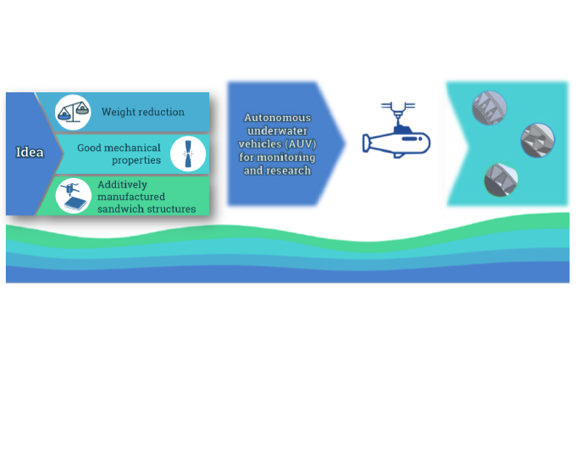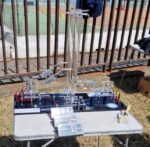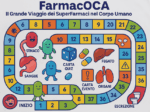The “green” design approach is essential for the construction of lightweight structures and sustainable mobility. The use of lightweight materials is an innovative aspect of this approach; it allows the replacement of classic materials with new materials. Furthermore, 3D printing allows to obtain particularly complex shapes. The activity deals with the design of small monitoring vehicles (autonomous submarine vehicles – AUVs) and aims to make this research field known to the public through experiments and the display of small prototypes. The “Women in Science” event includes video-messages of past students whose working life is closely related to the sea.
Calendar
September 2025
Sep 05 - 06 2025
Science Speaks: A Summer School for Science Communication
València
Sep 26 2025
Bringing viewers closer to the biodiversity found in the ocean depths, using laboratory material, QR codes and surveys
Università degli Studi di Messina
Sep 26 2025
Energy from the Sun… with an Artificial Leaf! How chemistry helps turn CO₂ and water into clean fuels by imitating nature
Università degli Studi di Messina
Sep 26 2025
Heart under pressure: taking on stress!
Università degli Studi di Messina
Sep 26 2025
Minors’ Access to the Internet and Electronic Communications Services
Università degli Studi di Messina
Sep 26 2025
Well-being in contexts: Psychologists for health
Università degli Studi di Messina
Sep 26 2025
PharmaGoose: the playful journey of medicines through the human body
Università degli Studi di Messina
Sep 26 2025
Better Alone… but Well Accompanied by the Sun!
Università degli Studi di Messina
Sep 26 2025
The Green Revolution of Plastic Materials
Università degli Studi di Messina
Sep 26 2025
Building the Tissues of the Future: “In Search of the Missing Piece”
Università degli Studi di Messina
Sep 26 2025
Inside the Decision: A Journey Through Perception
Università degli Studi di Messina
Sep 26 2025
The sea that unites
Università degli Studi di Messina
No event found!
Load More













